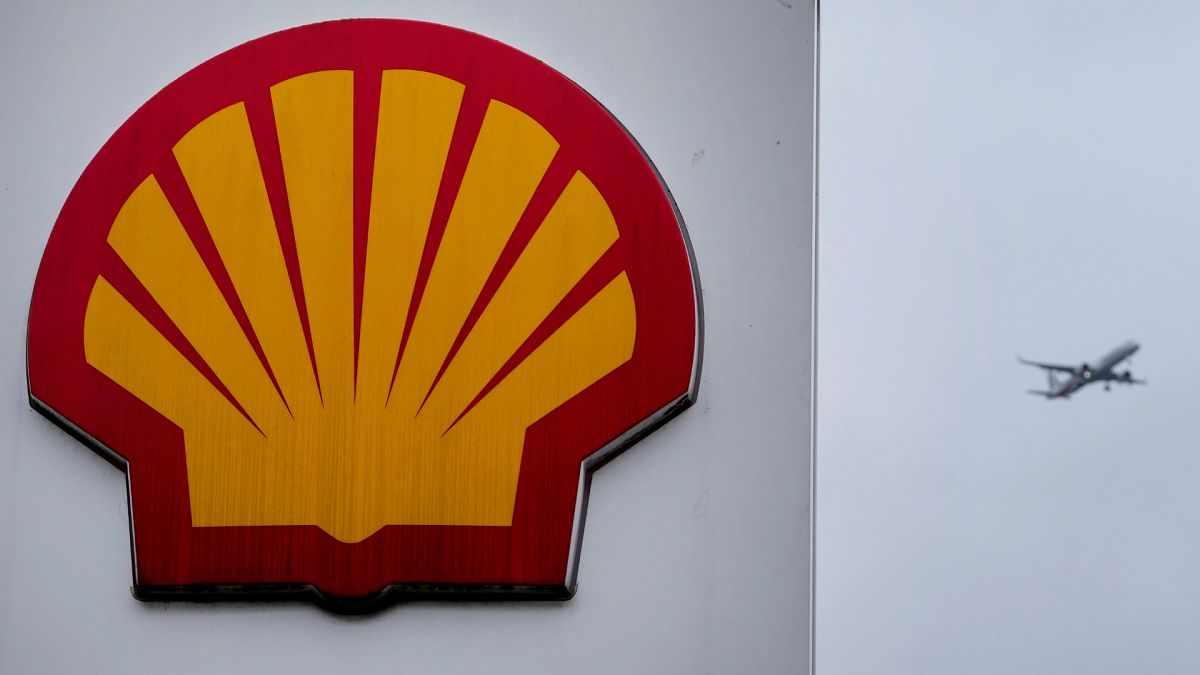The push for stronger climate action is being backed by a record number of investors who together own around 5 per cent of Shell's shares.
27 shareholders are putting pressure on Shell to align its emissions targets with the Paris Agreement.
The investors backing the push for stronger climate action own around 5 per cent of Shell’s shares and manage more than € 3.9 trillion in assets. They include the UK’s biggest pension scheme, the National Employment Savings Trust (NEST), and Europe’s largest asset management firm, Amundi.
The group has agreed to back a resolution co-ordinated by Dutch shareholder activists Follow This which calls for the oil company to align its medium-term emissions reduction targets with the 2015 Paris Agreement.
All shareholders will be asked to vote on this resolution at Shell’s annual general meeting in London this May.
Activist group expects support to grow
Follow This has been filing similar resolutions since 2016 and, in 2023, it won the support of around 20 per cent of Shell’s shareholders. This year’s climate resolution has the most support of any the group has seen at a major oil firm's annual general meeting.
Mark van Baal, founder of Follow This, says the company Shell will only change if more investors vote in favour of change. This resolution, he adds, puts calls for emissions reductions by energy companies “front and centre”.
“We expect votes to increase as more investors follow their leading peers by voting for change at Shell, which is the bare minimum they can do,” van Baal explains.
“The resolution is designed to give Shell a shareholder mandate to drive the energy transition.”
What are Shell’s current climate targets?
Shell is aiming to cut emissions from its operations, known as scope 1 and 2 emissions, by 50 per cent by 2030.
The company has also committed to reducing the Net Carbon Intensity - a measure of the emissions per unit of energy sold - of its products by 20 per cent before the end of the decade and 45 per cent by 2035.
These goals don’t cover its scope 3 emissions, however, which are all the greenhouse gases companies don’t directly generate but are indirectly responsible for in their value chain. For Shell, this includes the use of its products by consumers, which makes up a vast majority of the fossil fuel firm's emissions.
“We urge Shell to set a credible scope 3 absolute emissions target,” says Diandra Soobiah, head of responsible investment at NEST.
“This would demonstrate leadership, show Shell is serious about transitioning its business, and play a role in generating real-world change.”
The goal of targeting carbon intensity has also been criticised as it allows the oil giant to offset the carbon produced by oil and gas against its less polluting products.
Shell says the resolution is ‘unrealistic and simplistic’
The chance of rebellion by investors is expected to grow after Shell appeared to U-turn on plans to reduce oil and gas production by 2030. In June last year, the company argued that, by selling its interest in a Texas oilfield in 2021, it had already met its target eight years early and would continue investing in oil and gas.
Shell maintains that its climate targets are "aligned with the more ambitious goal of the Paris Agreement".
It also says that the Follow This resolution is “broadly unchanged” from last year’s submission which shareholders rejected.
“Shell’s board has previously advised shareholders that the Follow This resolution was unrealistic and simplistic, that it would have no impact on mitigating climate change, have negative consequences for our customers, and was against the interests of the company and our shareholders,” a spokesperson said.
Following Shell’s criticism of its demands, Follow This has dropped a reference to a “2030 target” in favour of “medium-term targets” in this year’s resolution. The shareholder activists say the supporting statement has also been completely rewritten after requests from investors for a “more agnostic text that is solely focused on emissions”.



